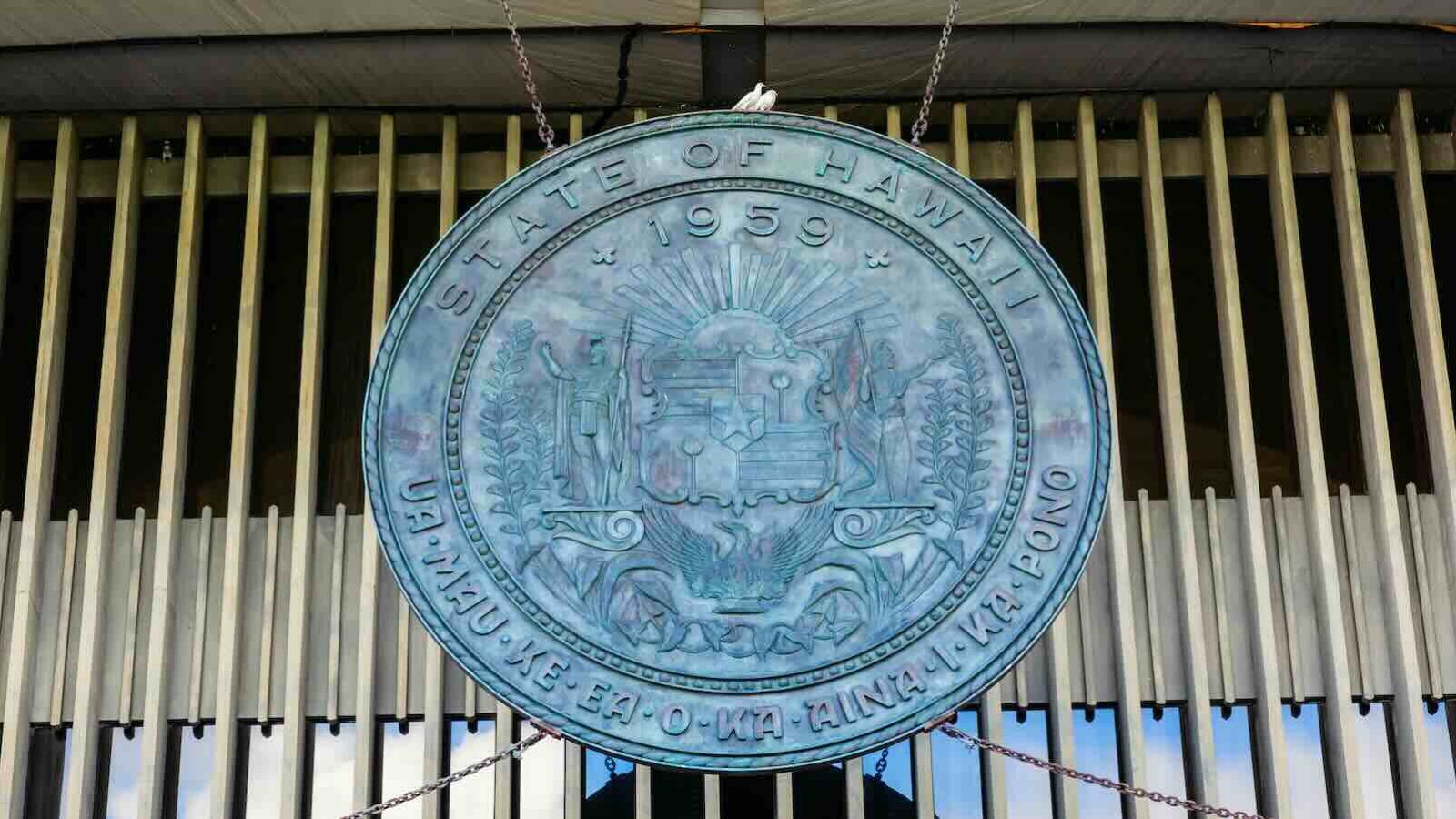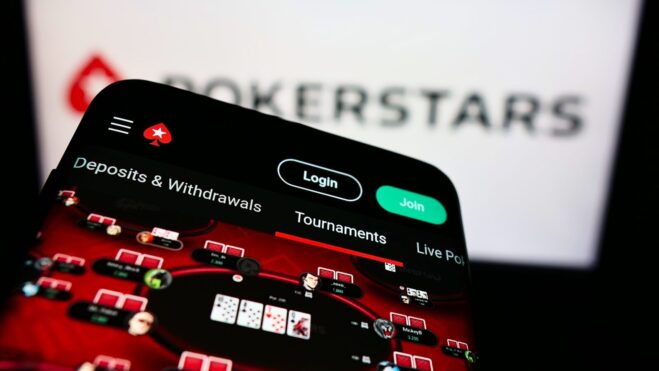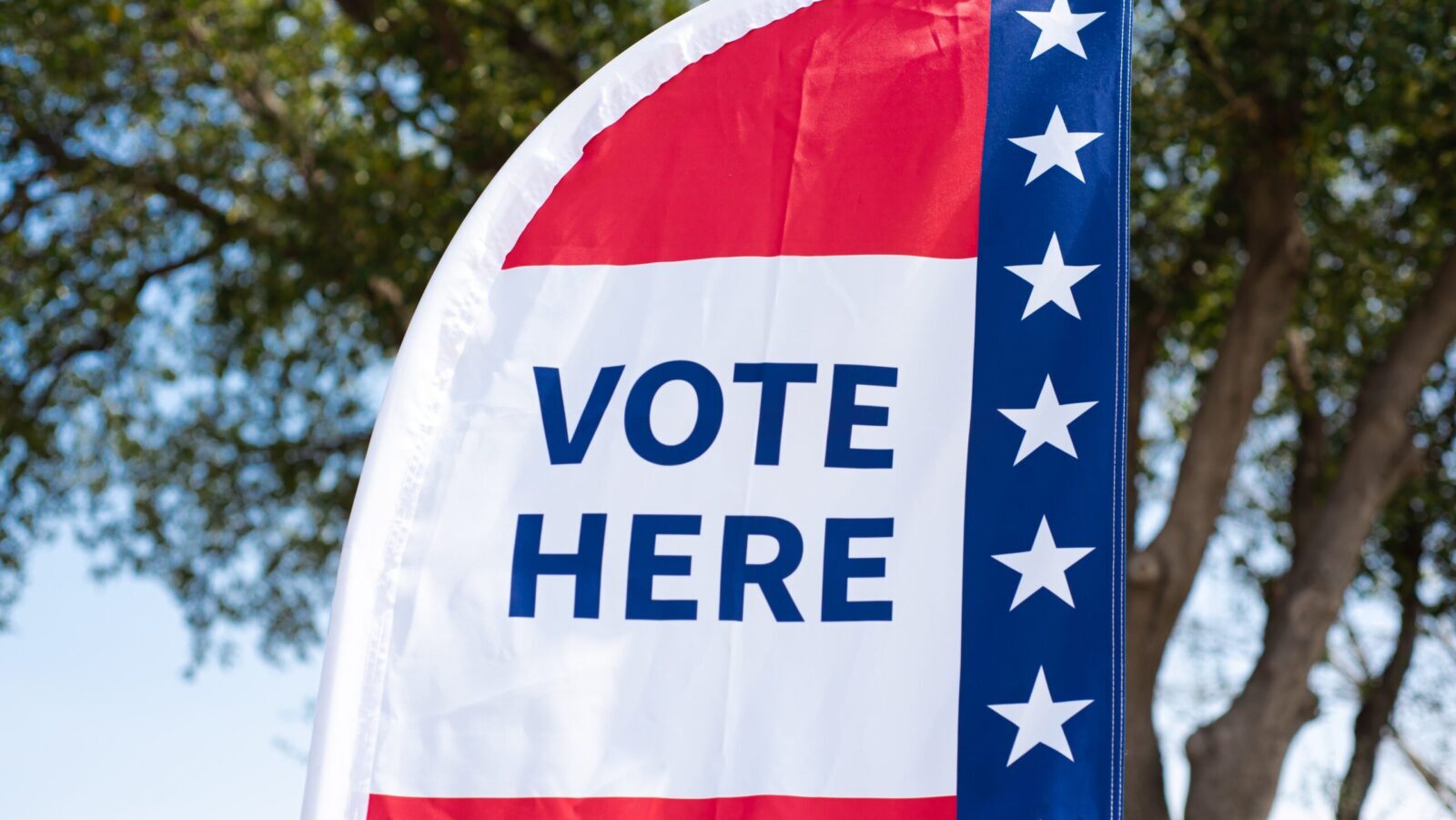Legislative Round-Up: A Hurdle In Hawaii, A Potential Tar Heel Tax Hike, And Plenty More
Mobile betting in the Aloha State not a done deal, and NC Senate Republicans want a 36% tax
3 min

Just because you may have filed your taxes on time does not mean tax talk has ended in the gaming space. This week’s legislative round-up starts with developing situations for sports betting across the nation.
Don’t start the luau just yet
After what has been a surprising run despite stringent opposition for legalizing mobile sports betting in Hawaii, HB 1308 finally ran into headwinds as it was moved into conference Friday by the House Finance Committee.
The biggest issues are licensing fees, the choice of regulatory body to oversee sports betting, and the tax rate. The $250,000 license fee and 10% tax rate were stripped from the bill before it wound its way through multiple Senate committees and re-inserted when debated on the Senate floor last week.
Having the Department of Law as regulatory body also has caused some waves as a late switch from the Department of Commerce and Consumer Affairs. The eventual department that oversees sports betting should it be legalized will face a steep learning curve as the Aloha State currently has no forms of legalized gaming.
The members comprising the conference have yet to be publicly named, but they will need to work relatively fast. The Hawaii legislative session is scheduled to adjourn May 2.
N.C. lawmakers seeking a double
After a banner first 12 months of sports wagering in which North Carolina collected nearly $50 million in tax receipts outside of start-up license fees, Republican Senate lawmakers proposed doubling the tax rate to 36% in their biennial budget released Monday.
The proposed tax hike is part of SB 257 and connected to a redistribution of revenue for the athletic departments of UNC System schools. The 13 UNC System schools — excluding North Carolina and North Carolina State — currently receive $300,000 in sports betting tax revenue and then split 20% of the remaining balance after required disbursements are made.
The new bill would create a floor of $500,000 for four schools; six would receive $1 million; and Appalachian State, East Carolina, and UNC Charlotte would each receive $1.5 million. Those 13 schools would again split 20% of the balance after required distributions, but North Carolina and N.C. State would each receive 10%, as would the the North Carolina Major Events, Games, and Attractions Fund. The remaining monies would go into the state’s General Fund.
Republicans have sizable majorities in both chambers but lack a three-fifths majority in the House to override any potential veto by Democrat Gov. Josh Stein. Should SB 257 become law, North Carolina would have the third-highest tax rate among states with commercial sports betting not run by single-operator entities behind New York (51%) and Illinois (40% top tier).
Taxing situations elsewhere
With the Tar Heel State the latest to consider raising levies on sports betting operators, now is as good a time as any to see where similar proposals are around the nation.
Maryland: Expected to increase from 15% to 20% as part of an agreed-upon budget framework for Gov. Wes Moore. The increase was less than the doubling of the rate to 30% Moore sought.
Ohio: For now Gov. Mike DeWine’s request to double the sports betting tax for a second time — this time to 40% — since launch in 2023 has been rebuffed. Republicans in the House Finance Committee of the Buckeye State stripped his request while passing a budget through the lower chamber last week.
The Senate could revisit the governor’s ask, in which funding from the tax increase would “help sports facilities construction and (the) sports education fund.”
New Jersey: A proposed increase from 13% to 25% on mobile sports betting revenue from Gov. Phil Murphy remains in play as part of a two-pronged ask. Murphy also called for raising the rate on internet casino operator revenue from 15% to 25% in his final budget as governor.
Indiana: State Sen. Fady Qaddoura’s SB 394, which looks to increase Indiana’s sports betting tax rate from 9.5% to 11% remains in the upper chamber’s Tax and Fiscal Policy Committee.
Massachusetts: State Sen. John Keenan’s S 302, which would radically overhaul sports betting in the Bay State in addition to more than doubling the online sports betting tax from 20% to 51%, is still currently in the Economic Development and Emerging Technologies Committee of the upper chamber.
Sweeps ban bill advances in Florida senate
Florida Sen. Corey Simon’s SB 1404, which would expand the Sunshine State’s gambling ban to include “sweepstakes casinos,” internet casino gaming, and online sports betting outside its compact with the Seminole Tribe, unanimously passed through the second of three required committees Tuesday.
The Agriculture, Environment, and General Government Committee voted 12-0 to advance the measure, leaving the Fiscal Policy Committee as the last stop before the floor of the upper chamber. The Regulated Industries Committee also was unanimous in advancing the bill by an 8-0 count late last month.
Simon’s bill, and House companion bill HB 953 authored by Rep. Walter Barnaby leave room for interpretation beyond an effective ban on sweeps; there’s a strong possibility the Seminole Tribe may be looking to expand into internet casino gaming via Hard Rock.
Barnaby’s bill must go through four House committees, starting with Industries & Professional Activities, to reach the lower chamber floor.
Another companion bill to SB1404, HB 1467, is waiting to be heard in the Commerce Committee after two Proposed Committee Substitute amendments regarding thoroughbred racing were submitted by Rep. Tiffany Esposito. That bill would legalize and regulate daily fantasy sports in the Sunshine State.
Links worth perusing
Nevada: The role casinos played in dooming an anti-smoking bill.
Nebraska: The path to legalization for mobile sports betting via ballot in 2026 took a step forward, but two more votes remain.
Illinois: The state Senate unanimously approved a bill that would classify gambling addiction as the “same serious problem” as substance abuse, which would give the Department of Human Services greater latitude and proactive approach in promoting responsible gaming.






